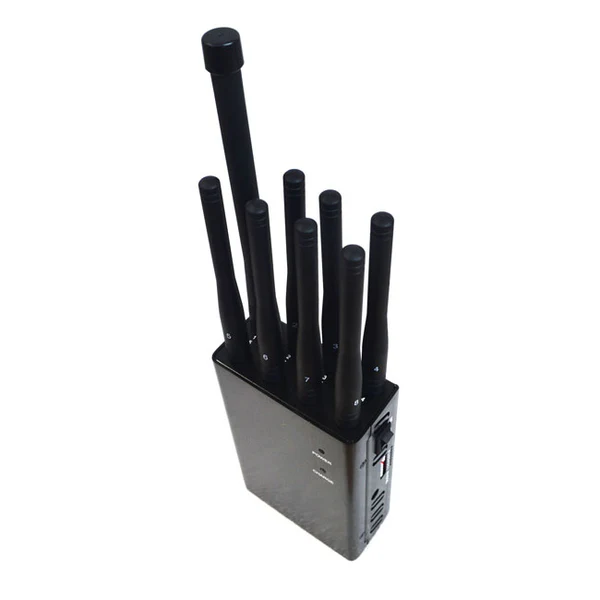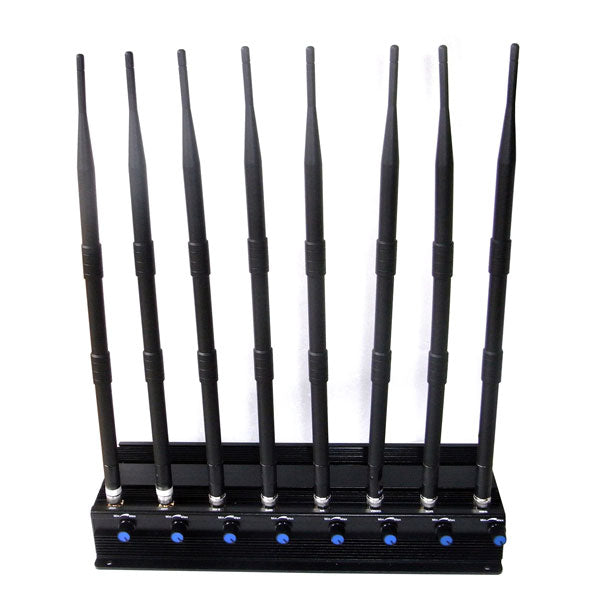Cell phone blockers are needed in many places, but many people don’t know how to install cell phone signal jammers. Some people think that the signal jammer can be connected directly to the power supply, but some people think that the frequency needs to be adjusted, and it is difficult to determine whether the signal shielding instrument is working, so let's look at the principle of jamming.
1. Adjacent channel interference
Adjacent frequency interference refers to signal interference at frequencies adjacent to the used signal frequency. Adjacent frequency interference is caused by imperfect receive filters, causing signals at adjacent frequencies to leak into the transmission bandwidth. Adjacent frequency interference can be minimized through precise filtering and channel assignment.
2. Near and far effect
This problem will become very serious if the base station of the adjacent channel transmits very close to the user receiver, and the receiver uses the base station signal of the preset channel, which is called the near-far effect.
3. Intermodulation interference
When two or more signals of different frequencies act on a nonlinear circuit, the signal outputs of the new frequencies will modulate each other. If the frequency only falls within the bandwidth of the receiver's operating channel, it will cause interference to the receiver and become mutual adjustment interference.
4. Blockage and interference
Any receiver has a certain dynamic range of reception. When the out-of-band interference signal reaches a certain level and the received power exceeds the maximum power level promised by the receiving dynamic, it will cause the receiver to be completely blocked, thus affecting the receiving function of the system. This interference is called blocking interference. Blockage will cause the receiver to fail to work properly, and long-term blockage may also cause the receiver to degrade.
5. Spurious interference
Due to the rolling characteristics of the emission filter, there is always a certain amount of out-of-band radiation, which is what we usually call emission spurs. Because spurious interference is emitted, it is called spurious interference.
Interference between mobile communication systems
1. In-band interference: CDMA directly transmits signals or directly acts as an in-band noise GSM receiver through cross adjustment and other methods, causing the sensitivity of the GSM receiver to decrease. This interference is divided into emission spurious interference and cross interference.
2. Out-of-band interference: When the out-of-band interference reaches a certain level, it will cause the receiver to be fully blocked, thus affecting the reception function of the GSM system, also known as blocking interference.
The use of cell phone signal blockers for sale makes our lives easier, but its signals are easily interfered, so we still need to adjust its frequency.




